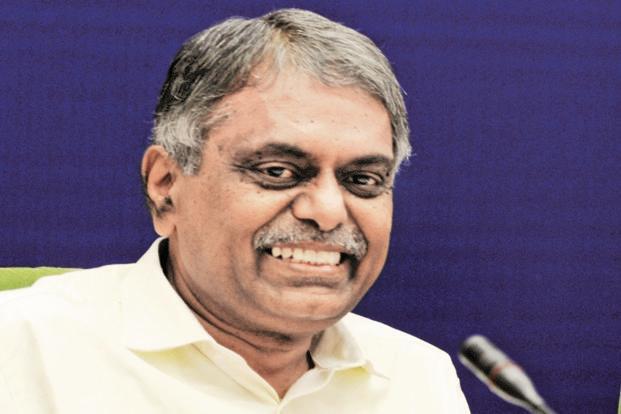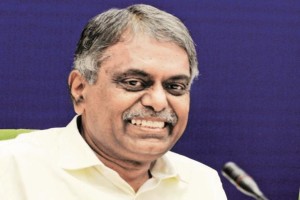By Solar Times News Service
Ministry of Power and the United States Agency for International Development (USAID) launched India’s first integrated web portal designed to promote and mainstream Net Zero Energy Buildings (NZEB) in India. The portal (www.nzeb.in) was launched by Shri Pradeep Kumar Pujari, Secretary, Ministry of Power, and Ambassador Mr Jonathan Addleton, USAID Mission Director to India.
A first of its kind, the portal provides complete information about Net Zero Energy Buildings – those that generate as much energy as they use – as well as how to achieve near-zero energy status through the use of efficient lighting and equipment, integration of renewable energy technologies, and best practice design strategies. In addition, the portal hosts the NZEB Alliance, an industry-wide body setup to drive the Indian markets toward highly energy-efficient buildings.
Speaking on the occasion, Shri P.K. Pujari outlined his vision to mainstream Net Zero Energy Buildings in India and said, “While it is important to implement minimum energy performance standards for buildings to reduce energy consumption, we should now start looking at the broader NZEB goal.” Shri Pujari urged to mandate the ECBC codes in the remaining states. He also acknowledged the collaboration of the USAID and BEE in the update process of the Energy Conservation Building Code (ECBC) to reflect the market changes and technological advancement
Congratulating the Bureau of Energy Efficiency and USAID on the culmination of their three-year effort to develop the portal, Ambassador Mr Addleton remarked that “USAID is pleased to partner with the Government of India on this initiative to promote Net Zero Energy Buildings across India. This portal will provide a wealth of information for policymakers, developers, architects, engineers, sustainability consultants, and academia, and will surely allow the vibrant Indian building industry to leapfrog towards energy efficiency standards and practices.”

